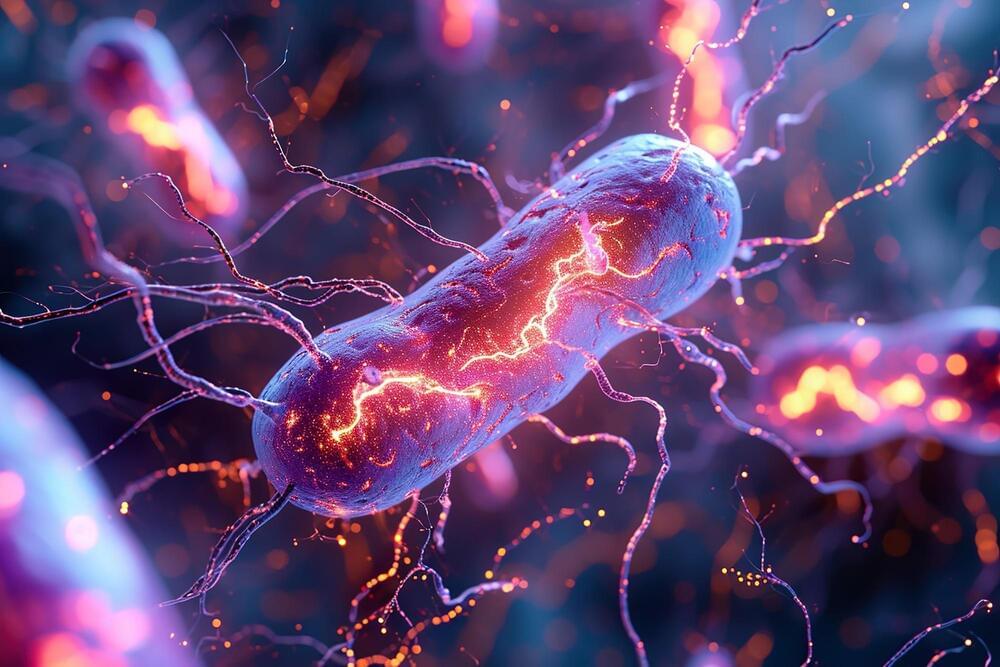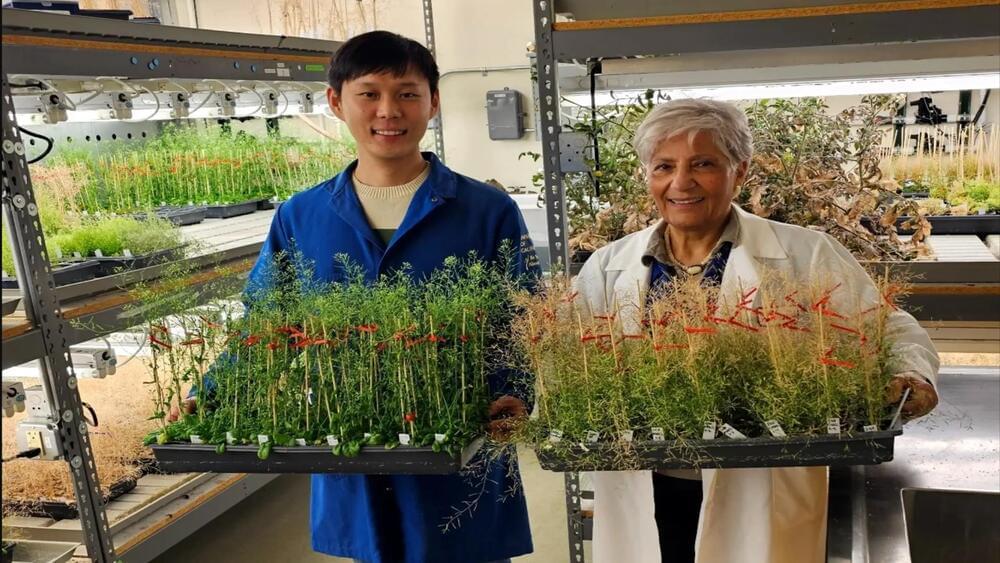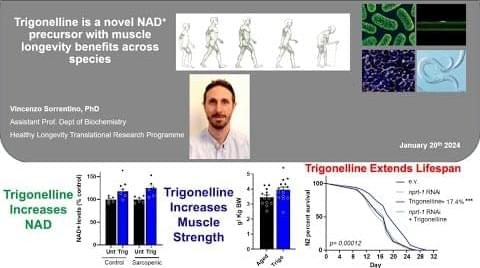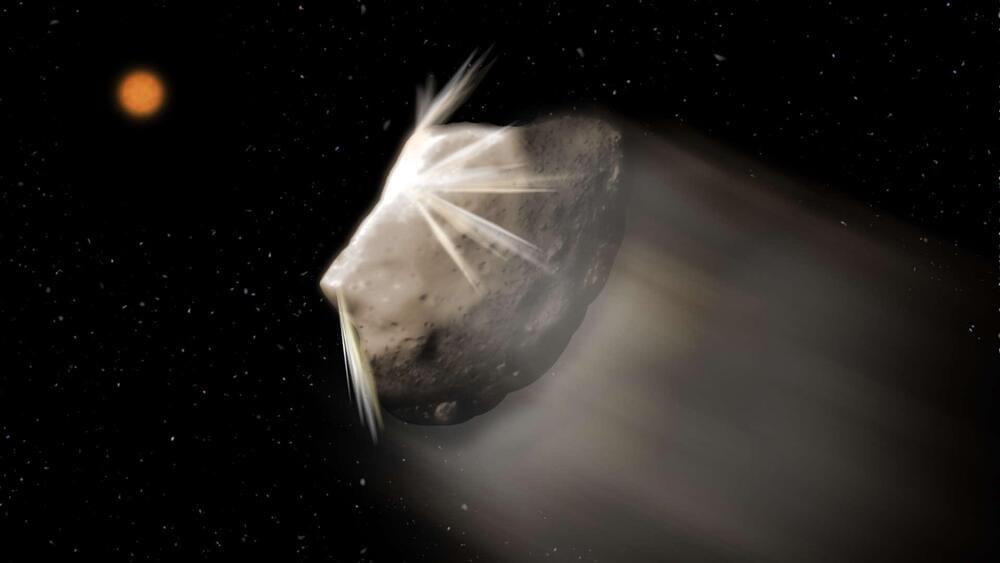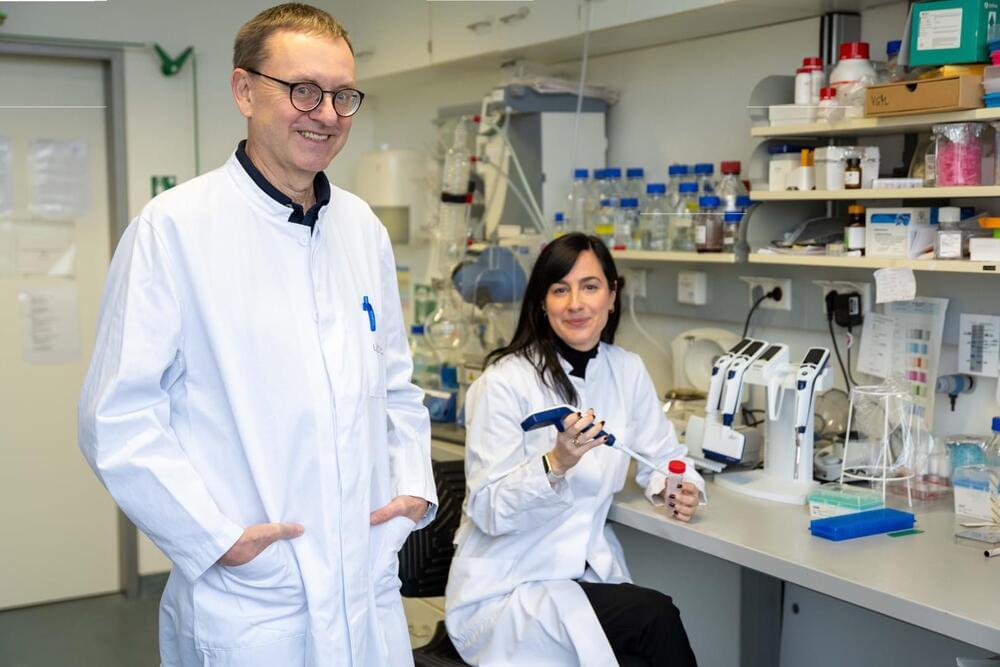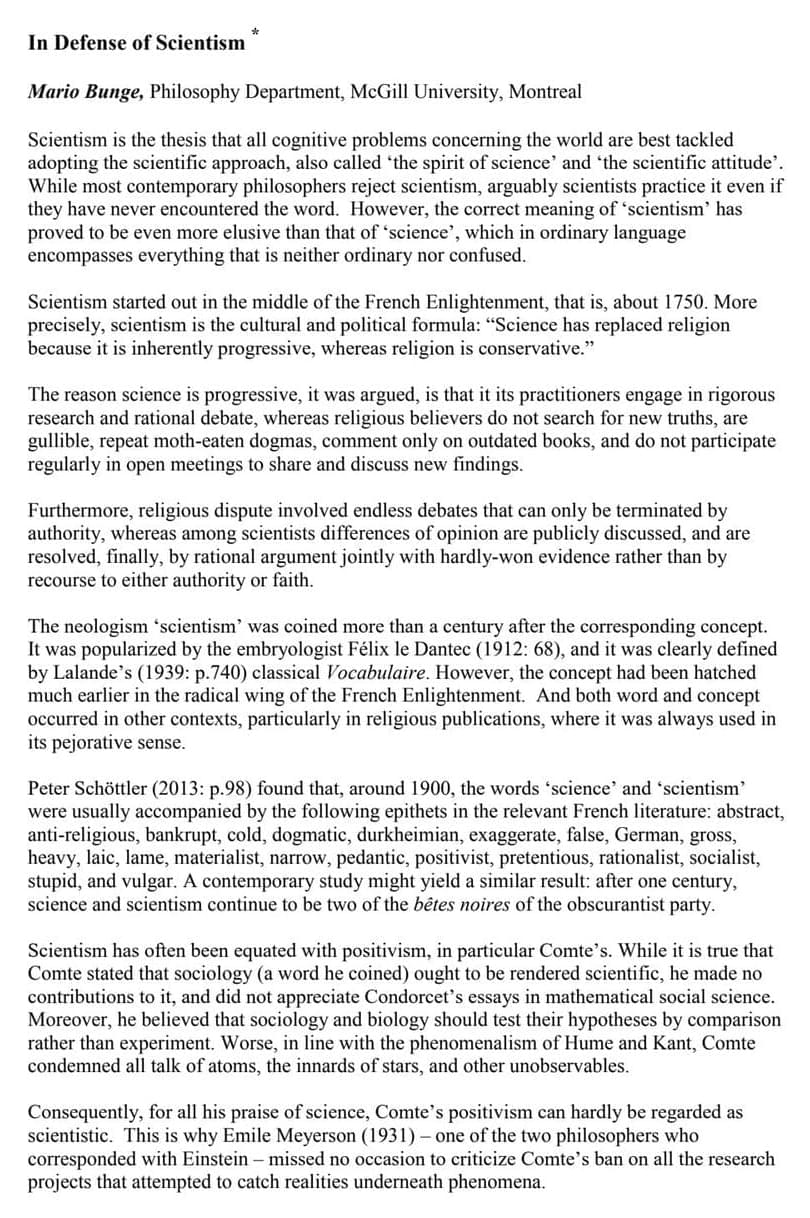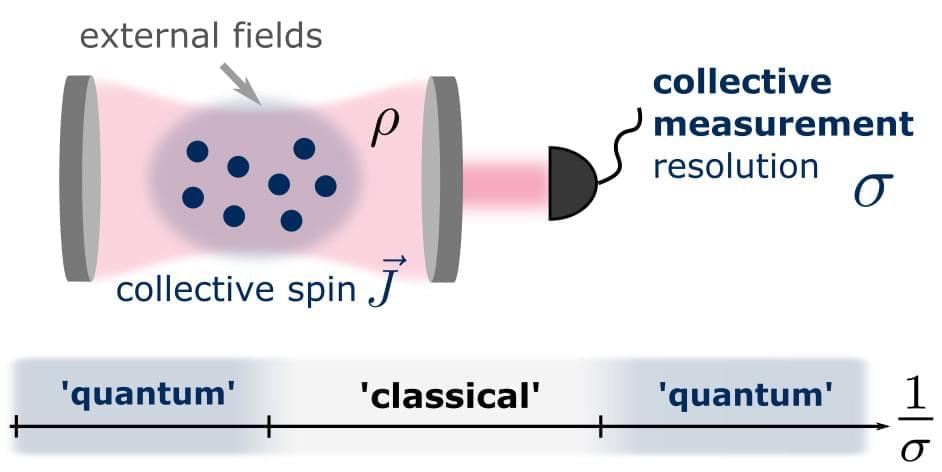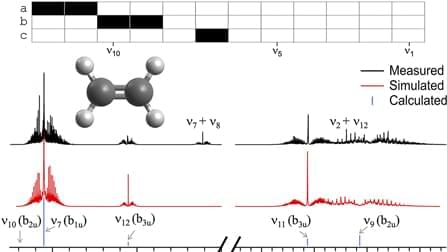Biologists from Konstanz have unveiled a unique and ancient phosphorus-based bacterial metabolism. Central to this discovery are four elements: an analytical calculation dating back to the 1980s, a modern sewage treatment facility, the identification of a novel bacterial species, and a remnant from around 2.5 billion years ago.
Our story begins at the end of the 1980s, with a sheet of paper. On this sheet, a scientist calculated that the conversion of the chemical compound phosphite to phosphate would release enough energy to produce the cell’s energy carrier – the ATP molecule. In this way, it should therefore be possible for a microorganism to supply itself with energy. Unlike most living organisms on our planet, this organism would not be dependent on energy supply from light or from the decomposition of organic matter.
The scientist actually succeeded in isolating such a microorganism from the environment. Its energy metabolism is based on the oxidation of phosphite to phosphate, just as predicted by the calculation. But how exactly does the biochemical mechanism work? Regrettably, the key enzyme needed to understand the biochemistry behind the process remained hidden – and thus the mystery remained unsolved for many years. In the following three decades, the sheet stayed in the drawer, the research approach was put on the back burner. Yet the scientist couldn’t get the thought out of his head.
